News
-
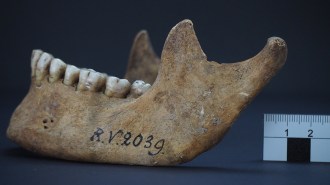 Humans
HumansAncient human bones reveal the oldest known strain of the plague
The earliest known plague strain emerged about 7,100 years ago and was less contagious as the one behind Black Death — but was still deadly.
-
 Climate
Climate3 things to know about the record-smashing heat wave baking the Pacific Northwest
Road-buckling, cable-melting, life-threatening heat waves in the Pacific Northwest may become more common as global temperatures rise.
-
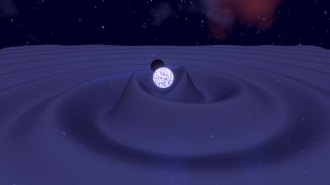 Physics
PhysicsGravitational waves reveal the first known mergers of a black hole and neutron star
For the first time, LIGO and Virgo have detected long-anticipated gravitational waves from a black hole merging with a neutron star.
-
 Health & Medicine
Health & MedicineHow COVID-19 vaccines were made so quickly without cutting corners
Usually it takes years to get both test results and FDA authorization, but speedy spread of the virus and eager volunteers shrunk the shots’ timeline.
By Rachel Lance -
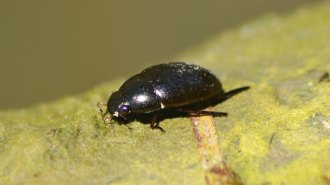 Animals
AnimalsThese beetles walk on water, upside down, underneath the surface
Many insects can skate atop the water’s surface thanks to water tension, but one beetle can apparently tread along the underside of this boundary.
By Jake Buehler -
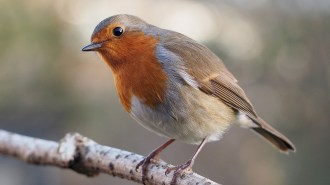 Animals
AnimalsA proposed ‘quantum compass’ for songbirds just got more plausible
Quantum physics could be behind birds’ magnetic sense of direction, new measurements indicate.
-
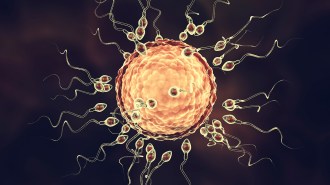 Genetics
GeneticsEmbryos appear to reverse their biological clock early in development
A new study suggests that the biological age of both mouse and human embryos resets during development.
-
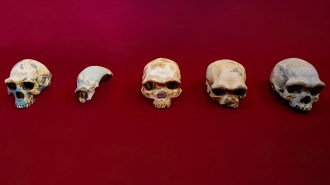 Anthropology
Anthropology‘Dragon Man’ skull may help oust Neandertals as our closest ancient relative
A Chinese fossil has been classified as a new Homo species that lived more than 146,000 years ago, but not all scientists are convinced.
By Bruce Bower -
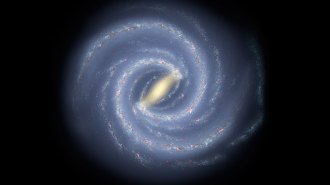 Physics
PhysicsDark matter may slow the rotation of the Milky Way’s central bar of stars
A method akin to studying a tree’s rings revealed the history of a slowdown of the rotating bar of stars at the heart of the Milky Way galaxy.
-
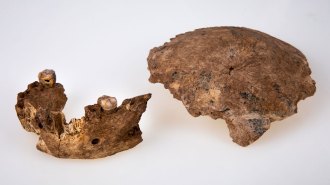 Anthropology
AnthropologyIsraeli fossil finds reveal a new hominid group, Nesher Ramla Homo
Discoveries reveal a new Stone Age population that had close ties to Homo sapiens at least 120,000 years ago, complicating the human family tree.
By Bruce Bower -
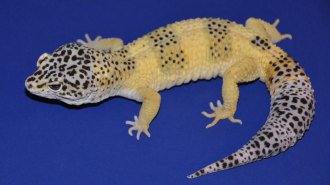 Animals
AnimalsHow a gecko named Mr. Frosty could help shed new light on skin cancer
The distinctive coloring and skin tumors of a type of gecko called Lemon Frost have been pegged to a gene implicated in human skin cancer.
-
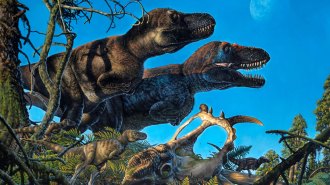 Paleontology
PaleontologyFor some dinosaurs, the Arctic may have been a great place to raise a family
Fossils of baby dinosaur remains found in northern Alaska challenge the idea that some dinosaurs spent only summers in the Arctic.
By Nikk Ogasa